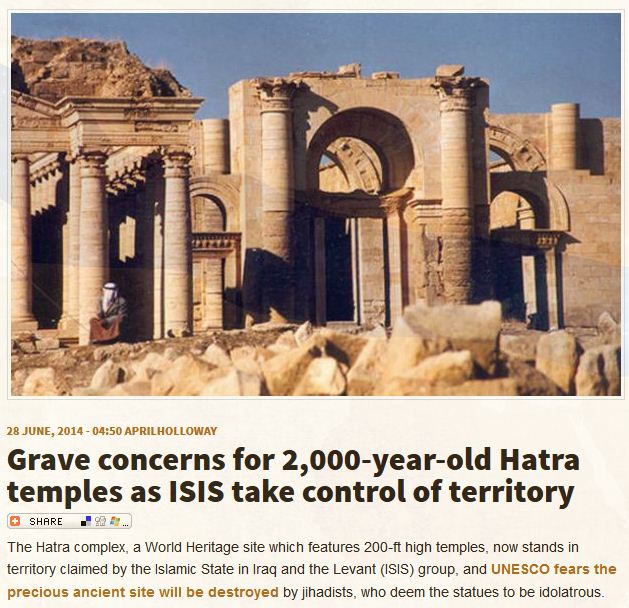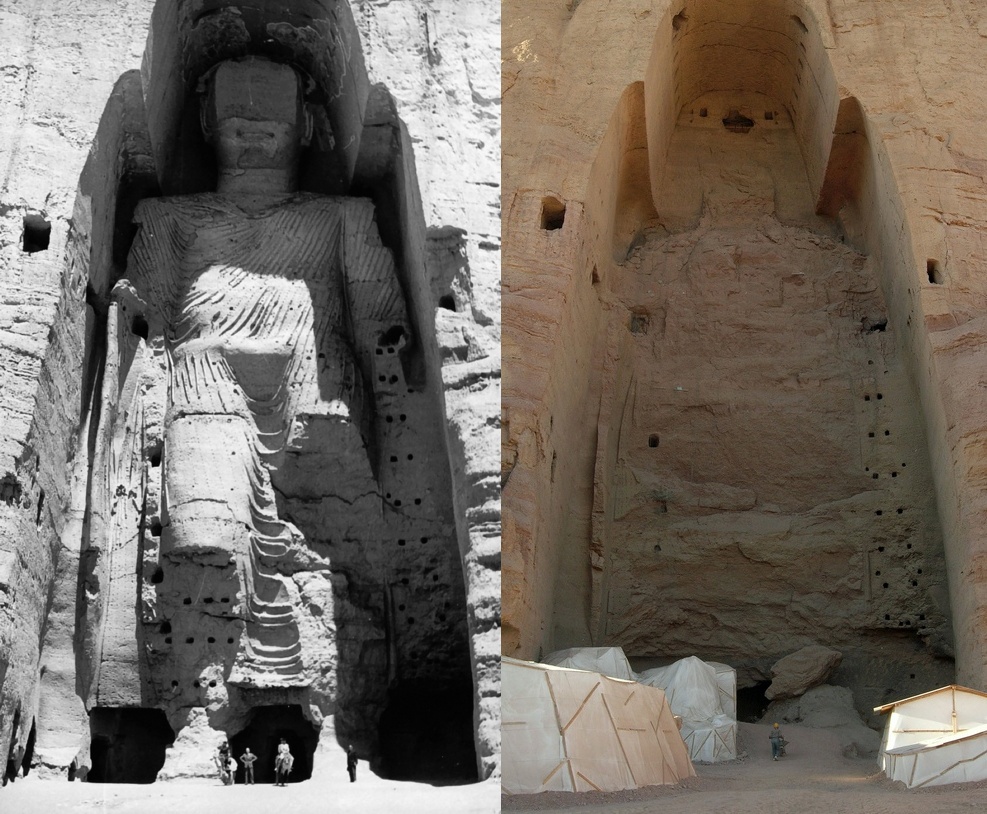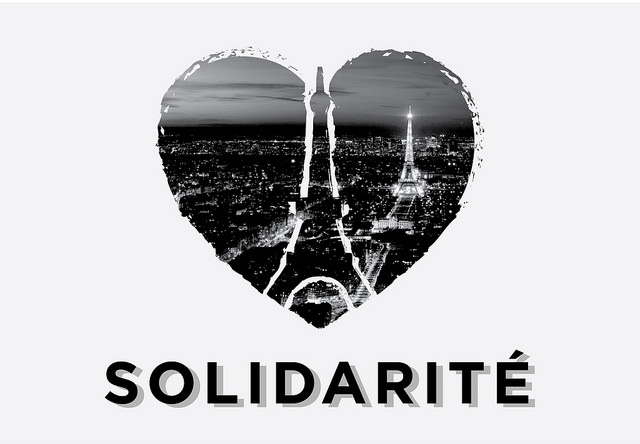 The deadly attacks in Paris last Friday have generated sincere expressions of shock, solidarity, mourning, and anger from around the world, yet that response also generated critical hashtags such as #selectivemourning. As many have discussed in social media and articles, bombings in Beirut the previous evening received only limited coverage in the US media and few mentions on social media. We can blame the media, but that is a little simplistic, as the media not only directs our interests but also reflects them. If sufficient numbers in the audience clamored for more information about the attacks in Beirut or previous attacks on civilians over the past twelve months in Nigeria, Kenya, Yemen, Afghanistan, and Pakistan, perpetrated by a range of forces, then the media coverage would increase. In fact, most who have pointed out the imbalance in the coverage are only doing so in the light of the Paris attacks. Few changed their Facebook profile photos for solidarity with Lebanon, despite it appearing in the news. Continue reading “It’s All About Us”
The deadly attacks in Paris last Friday have generated sincere expressions of shock, solidarity, mourning, and anger from around the world, yet that response also generated critical hashtags such as #selectivemourning. As many have discussed in social media and articles, bombings in Beirut the previous evening received only limited coverage in the US media and few mentions on social media. We can blame the media, but that is a little simplistic, as the media not only directs our interests but also reflects them. If sufficient numbers in the audience clamored for more information about the attacks in Beirut or previous attacks on civilians over the past twelve months in Nigeria, Kenya, Yemen, Afghanistan, and Pakistan, perpetrated by a range of forces, then the media coverage would increase. In fact, most who have pointed out the imbalance in the coverage are only doing so in the light of the Paris attacks. Few changed their Facebook profile photos for solidarity with Lebanon, despite it appearing in the news. Continue reading “It’s All About Us”
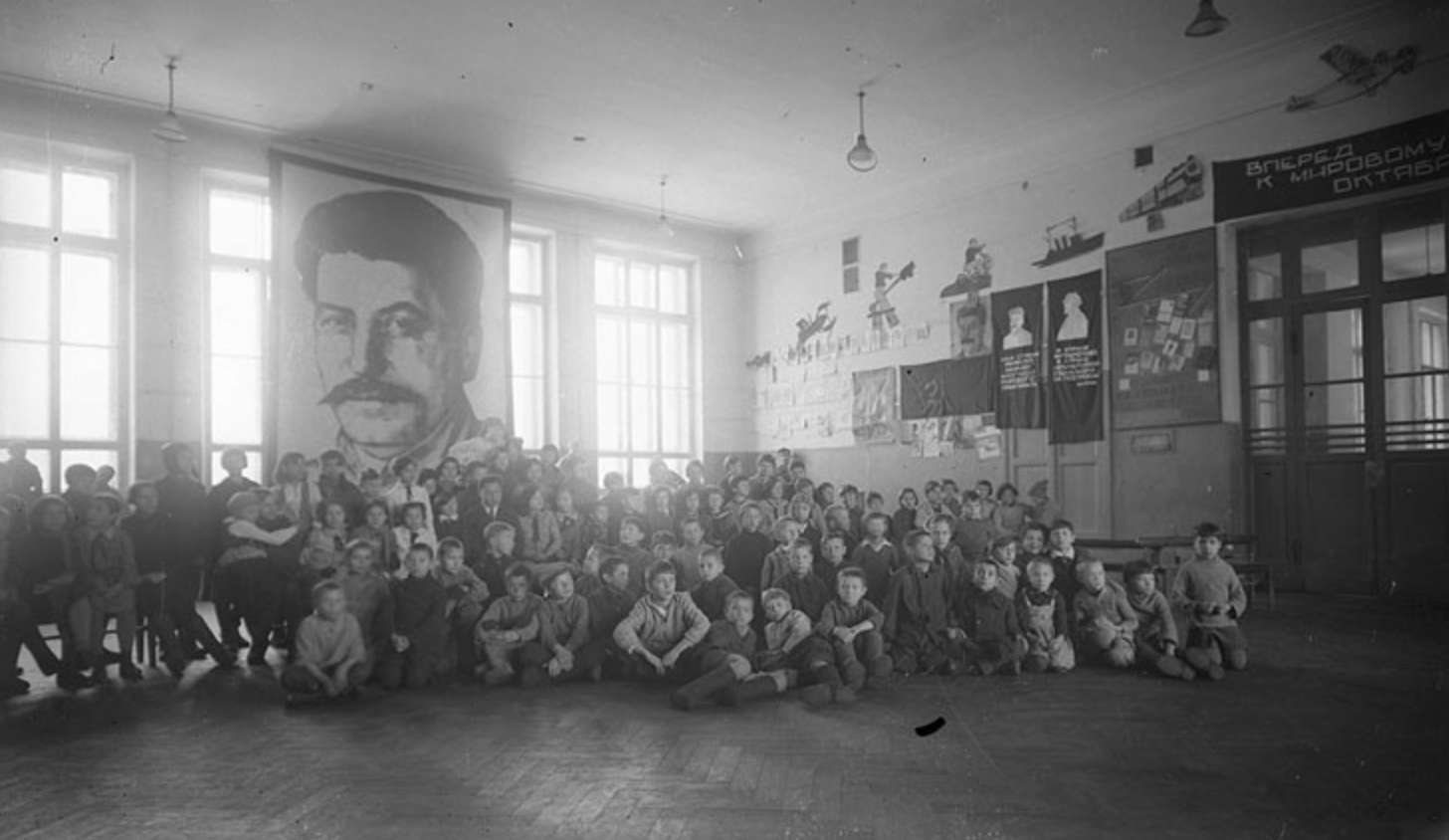

 The deadly attacks in Paris last Friday have generated sincere expressions of shock, solidarity, mourning, and anger from around the world, yet that response also generated critical hashtags such as
The deadly attacks in Paris last Friday have generated sincere expressions of shock, solidarity, mourning, and anger from around the world, yet that response also generated critical hashtags such as 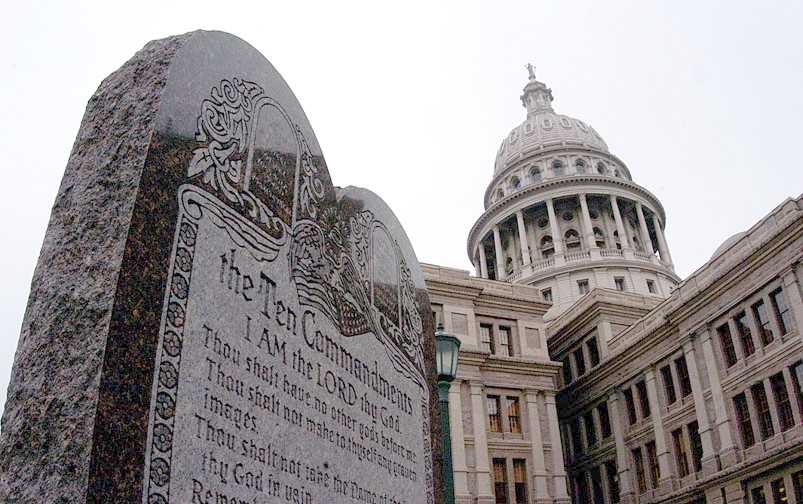 “A war against Christianity,” a friend on Facebook asserted, as he pointed to examples in the United States and around the world. The shooting at Umpqua Community College recently and the various occasions when ISIS has executed people identified as Christians provided prime examples. Others making similar claims point to shifts in US policy, including the removal of the Ten Commandments from schools and courthouses, restrictions on official prayer at public schools, and movements to remove “God” from the Pledge and US money.
“A war against Christianity,” a friend on Facebook asserted, as he pointed to examples in the United States and around the world. The shooting at Umpqua Community College recently and the various occasions when ISIS has executed people identified as Christians provided prime examples. Others making similar claims point to shifts in US policy, including the removal of the Ten Commandments from schools and courthouses, restrictions on official prayer at public schools, and movements to remove “God” from the Pledge and US money. 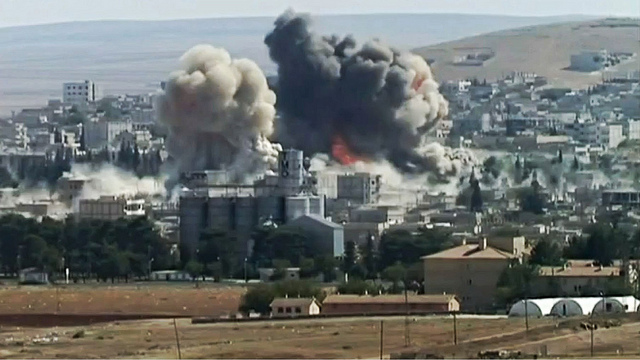 Let’s start with Ben Carson, Republican candidate for President of the United States. After his
Let’s start with Ben Carson, Republican candidate for President of the United States. After his 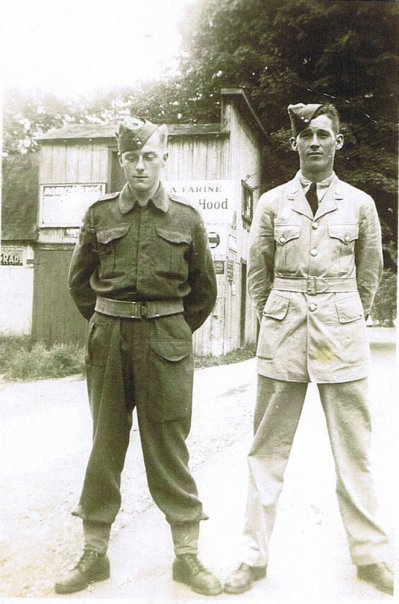 The fear over what is now regularly termed Islamic radicalization is much in the news these days, what with so-called
The fear over what is now regularly termed Islamic radicalization is much in the news these days, what with so-called 
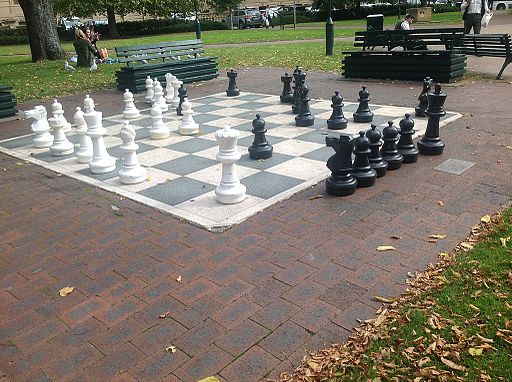 Over the last week, many have written about the labeling of ISIS as religious or not, as Islamic or not, both in response to last week’s summit on
Over the last week, many have written about the labeling of ISIS as religious or not, as Islamic or not, both in response to last week’s summit on 
